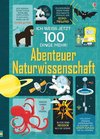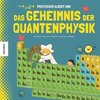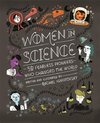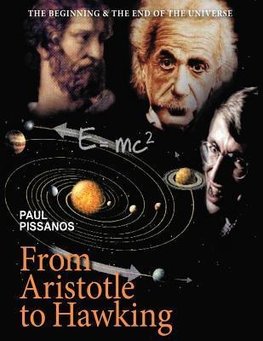
From Aristotle to Hawking
BOOK SYNOPSIS
FROM ARISTOTLE TO HAWKING
By Paul Pissanos
The narrator speaks of the first questions he asked himself in his life that demanded answers about man,...
Viac o knihe
Produkt je dočasne nedostupný
60.19 €
bežná cena: 68.40 €
O knihe
BOOK SYNOPSIS
FROM ARISTOTLE TO HAWKING
By Paul Pissanos
The narrator speaks of the first questions he asked himself in his life that demanded answers about man, nature, the Universe, and God. He vividly describes the Big Bang as depicted by certain scientists, and he disputes it. He acquaints us with Aristotle and his basic principles of natural laws, as conceived by the great philosopher.
He concludes with the views of Einstein about a unified theory of the universe.
The narrator encounters a young salesman of scientific instruments in a picturesque neighborhood of Athens, who describes to him "what laws are". The narrator is astonished at the knowledge of the young salesman and goes back to the principles and laws put forward by the ancient Greek philosophers. This quest leads to the "principles" of the Creation of Man and the world, to the principles that govern the sciences, especially mathematics, physics, and music. He completes the presentation of his views by providing scientific information about the manner in which the universe operates.
The narrator discusses with Professor of Philosophy, Stanley Sfekas, if the world had a beginning. They agree that the manner in which laws operate does not permit a beginning of the universe. The questions expand: "why does the universe exist?'
To the great questions "What is real and what is not?" answers are provided by Aristotle himself. Stephen Hawking describes the 4 forces of the cosmos, and scientists summarize their views about the manner that the "Whole" of the cosmos operates. There follows a presentation of the views of the ancient Greek philosophers about the real, the incorruptible, the unborn, the eternal, the perfect, and the plenum, which all together are encapsulated in the "world soul!"
The narrator is conversing in the Athens Planetarium with the astrophysicist D. Simopoulos about the future of earth and the cosmos.
Dr. Simopoulos is optimistic that the earth will nourish its populations for many years. There follows an interpretation of the concept of light in ancient Greek religions in which are described the living signs from the shrine of Apollo at Delphi, the Eleusinian Mysteries , the cosmogony of Hesiod, the Orphic teachings, the Cosmic Egg, and the birth of Phanis, the spiritual Dionysus. The narrator guides us to the relations that govern the spiritual Zeus and the spiritual paradise of Christianity, the symbol of the cross, and Jesus Christ Himself.
The narrator has us wander off into infinite cosmic space. He seeks the "principles' of the evolution and involution of the cosmos. He makes much of the principles of Creation and explains "why the universe is immortal". He provides personal interpretations of "space-time" and explains what takes place with the expanding universe as seen by Edwin Hubble. Stephen Hawking presents the "proposition of non-existent boundaries" and the narrator explains why almighty God created an almighty universe; why the matter of the galaxies tends toward the spiritual crust of the ALL and what the role of "dark matter" and Heisenberg's "indeterminacy" is in the functioning of the cosmic machine.
- Vydavateľstvo: AUTHORHOUSE
- Formát: Paperback
- Jazyk:
- ISBN: 9781467885065

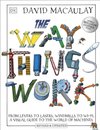
 Anglický jazyk
Anglický jazyk 
 Nemecký jazyk
Nemecký jazyk 